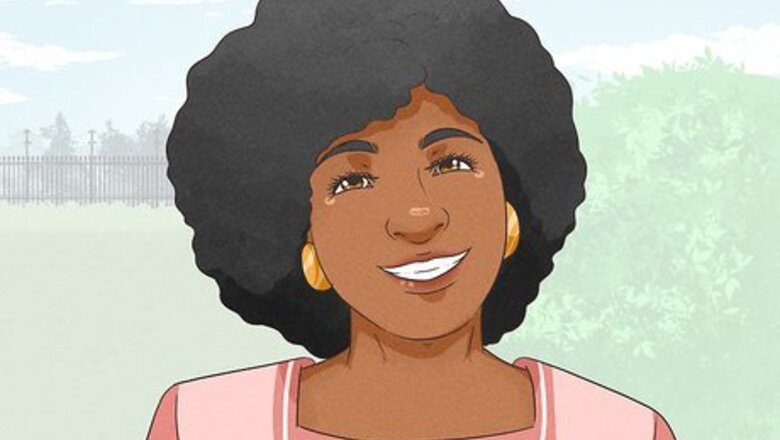
views
X
Expert Source
Kelli Miller, LCSW, MSWPsychotherapist
Expert Interview. 11 June 2020.
If that's not enough, consider that it also helps you get what you want. People will be more inclined to help you if you're nice to them. Read on to learn how to start being nice.
Being Nice in Everyday Ways
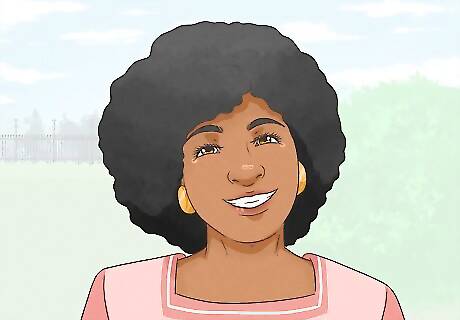
Smile and be positive. Aiming for a positive outlook will help you stay happy, even if you are having a bad day. A smile improves your outlook and makes people think of you as a confident, contented person. Smiling at people also helps them feel good about themselves! Besides, nobody likes a person who bores them with his own problems.
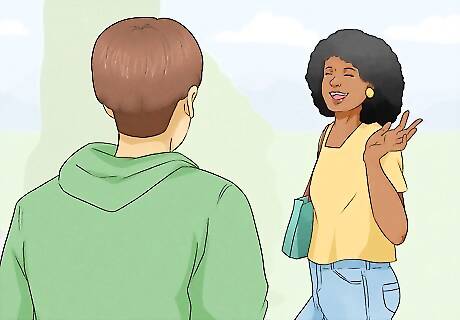
Acknowledge other people. When you're walking past someone, even a stranger, acknowledge their presence with a simple "Hello!","Hi!", "How are you?" or “What’s up?” Even a simple wave or a nod in their direction will show you are acknowledging them. Letting people know you see them is nice; it makes people feel a little more special. If you're walking through a crowded city, it can be hard to acknowledge everyone you pass. Try to at least be nice to the people you end up sitting next to on a bus or plane, or those who accidentally bump into you. Say "good morning" to your fellow classmates and teachers or coworkers in the morning when you walk into the school or your workplace. You'll soon earn a reputation as a nice person.
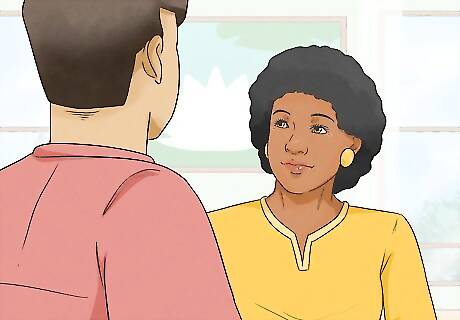
Be a good listener. Listen when other people are talking to you. It isn't nice to just ignore other people's opinions and stories. Give them time to speak, just as you'd like them to give you time to speak if your positions were reversed. If you find that someone is becoming rude or pushy, never put your hands in your mouth or make a rude face. Politely wait for them to finish and change the topic, after they've discussed theirs. Being nice doesn't mean letting yourself get pushed around. If you're talking to a stranger who starts to make you uncomfortable, it's okay to excuse yourself and walk away.
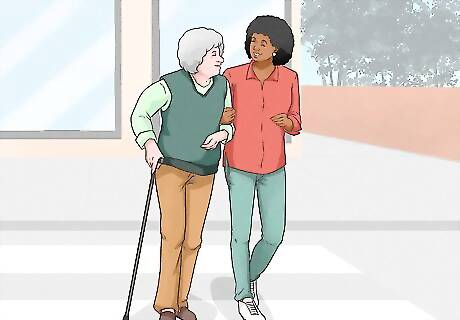
Be courteous, polite, and helpful. Always use your manners, say please and thank you. Be patient, caring, observant, and considerate. Treat people with respect, even those you don't particularly want to get to know. Offer help and assistance when someone needs it. Don't forget to always say "Excuse me" instead of "MOVE!" when someone's in your way. People aren't like the ground that you can just spit on. They are living beings like you. If you are respectful to that person, that person will usually act the same way. If you're on public transportation and an elderly, disabled or pregnant person gets on board, offer your seat. It's the nice thing to do. (And in some areas, it's the law!) If you see someone in need of a little help, perhaps picking up something he or she dropped or reaching something from a high shelf, help out.
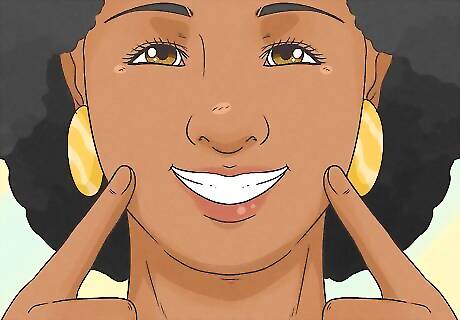
Smile. Smiling at people lets them know that you are pleasant. Look the person in the eye and give them a small smile or a wide grin - it doesn't matter which. This sets the mood of the encounter and usually encourages the other person to smile back. This also helps the person feel comfortable around you. If they do not smile back at you, then maybe they are just having a bad day. That's okay; being nice doesn't guarantee a positive response, but it usually helps. Smile when you pass people in the street, when you buy something from a shop clerk, when you walk into school in the morning, or anytime you make eye contact with someone else. If you are in a bad mood and don't want to smile, try listening to music, drawing, or doing something else you enjoy. This can prevent you from acting harshly towards people or being rude (even if you don't mean to be).
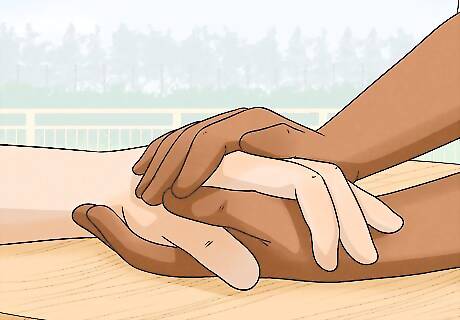
Practice empathy. This is the ability to put yourself in others' shoes. Empathy is not something you're born with, it is something you need to work on. Simply put, try to leave your own head and ask, "how does this make them feel?" The goal here isn't to find a "right answer." Rather, it is the act of putting others before yourself that will help you become a more thoughtful, caring, and kind person. Don't discriminate. Be equally nice to everyone. Even if you're nice to your friends and teachers, but you aren't nice to people who aren't cool or popular, you may not actually seem as nice as you actually are. Do not judge others by race, age, gender, sexuality, ability, or religion.
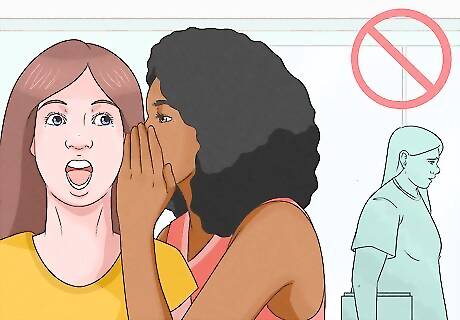
Never speak ill of others when they aren't around. Of course, you shouldn't generally criticize people at all, but there are times when telling someone they did someone wrong is perfectly fine. However, that time is never when the person isn't around. Talking badly about people when they aren't around tells everyone else that you don't respect them, and treat people differently when they are around. Nice people know that talking behind someone's back is never appreciated and can make you appear as a gossip. If you have a problem or question about someone, just ask. Bring these conflicts out into the open to make them much more manageable in a kind, easy way.
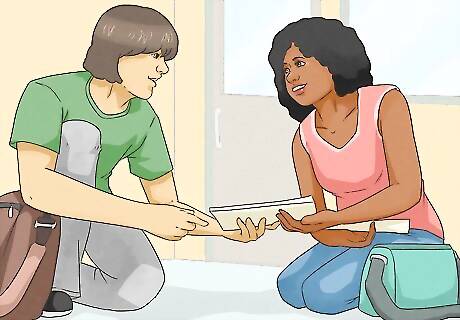
Look out for everyone, not just those closest to you. Holding the door for a friend is kind, but being a nice person is about being helpful and kind towards everyone. Give a hand to a struggling person on the sidewalk, and offer to help out a classmate or coworker when they spill their papers in the hall. You can be the person who helps organize someone's birthday, or brings donuts in on Friday just because. Be nice just to be nice. Ask people how they are doing. Take the time to ask someone how things are going in their lives, without being nosy or intrusive. If they seem resistant to talking, don't push them to say more than they feel like saying.
Being Nice to People You Know
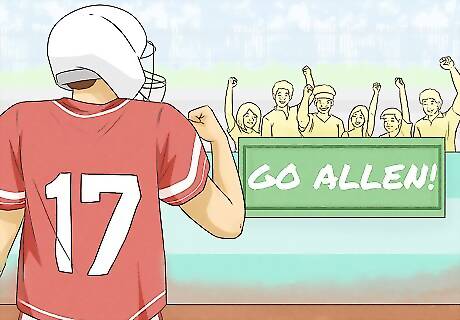
Be positive. When your friends look to you for advice or just to set the mood of a conversation, don't be negative or critical. Keep looking for the positive in any given situation. Cheer them up. There are two sides to every situation: the positive side and the negative side. Nice people help others see the bright side of things. Praise your friends' accomplishments. If your friend does a good job on a test or wins a prize, congratulate him or her! Compliment your friends. If you have a friend who doesn't like her hair, tell her you think it's fine, or compliment her on her pretty smile. Though you may not be completely truthful, you are being nice. If it is a close friend, you can say something like "it looks fine, but what if. . ." and make a small suggestion that you think may improve the look. Sometimes people need to let off negative steam. You can be positive and understanding when they are talking. It is not necessary to be overly cheerful; make sure the tone of your feedback isn't out of touch with what your friend is trying to tell you.
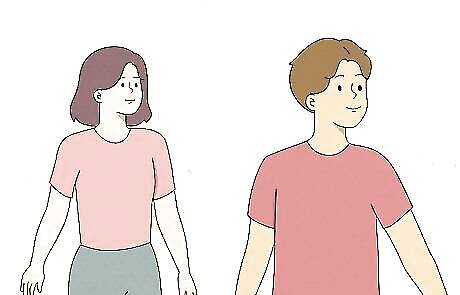
Be humble. Do you tend to look down your nose at people who are different or "weird"? It's not nice to believe that you are better than other people. You're an individual, but everybody has their struggles, and being nice to one another makes life better for everyone. Everybody is equal, and when you talk about how great you are, you make others feel less valuable. Don't brag or have an inflated ego. If you accomplished something great, that's certainly something to be proud of; just make sure to acknowledge the people who helped you along the way. Don't judge people until you really know them. Don't make assumptions about people based on how they look or speak. Realize that first impressions don't always reveal the truth. As the saying goes, don't judge a book by its cover.
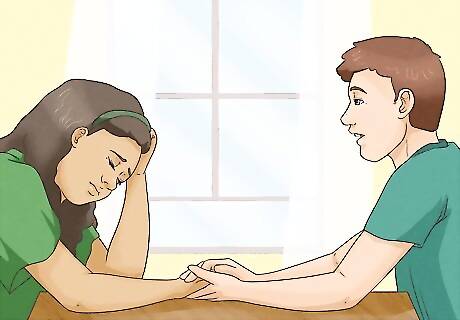
Be sincere. If you are being nice to gain preferential treatment, it's quite the opposite of being nice. What you are doing is deceptive and cruel. Be nice because you want to look back on your life and know that you were a nice person, no matter what. Be nice because you feel like you willingly want to. Don't be two-faced. Do not brag too much. Don't talk about people and don't be a backstabber. Being nice to people's faces helps you gain their trust. You betray that trust if you talk about them behind their backs. Never take part in gossip about other people, or those you don't like. It's bad karma, and it makes you look shallow, not nice.
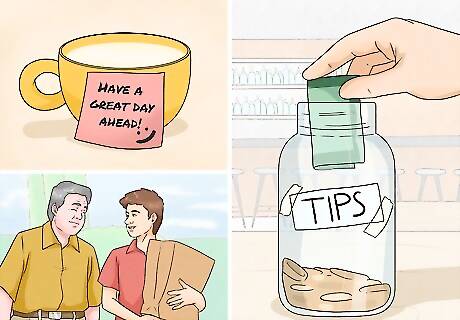
Fill your days with small acts of kindness. Those little, everyday things, like holding the door for a teacher you don't know, or smiling at someone who isn't always nice to you. They may not seem to matter much, but in the long run, doing these acts of kindness will make you seem like a much nicer person.
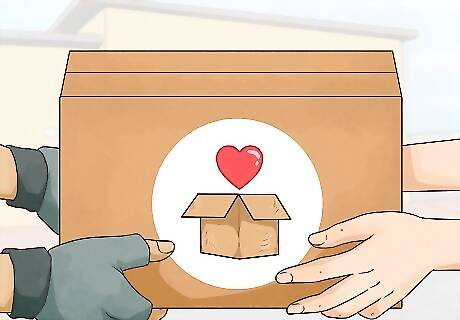
Learn how to share. Sharing can mean dividing your dessert in half to give some to your younger sibling. It can also mean giving up something bigger, like your time, space or words of wisdom. It can involve charitable acts or just small, everyday gestures. Being generous is part of what it means to be nice. Try not to take more than you give, and when you are able, give more than you take.
Being Nice to People You Love

Offer to help. If you see your mom or dad struggling to juggle all the chores that need to be done, offer to help. Put others before yourself, when you have energy and time to spare. Your nice acts will definitely be rewarded in the long run. Don't wait to be asked to help out. Learn how to spot times when other people are in need. Find creative ways to help! Help your siblings with homework, listen to your spouse's idea for a new project or idea, make breakfast for your family, walk the dog, drive your sister to school. These may seem like small tasks, but your efforts will be appreciated.
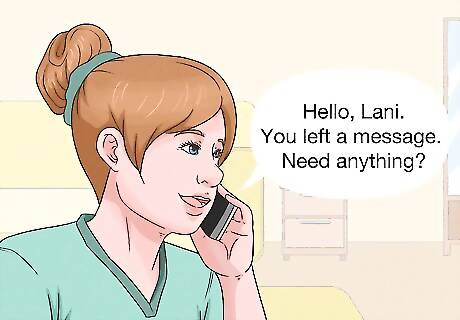
Be reliable and trustworthy. Part of being nice to family members and others you love is being there for them in times of need. Respond to emails, answer the phone when people call, don't flake out on plans, and spend time talking when the other person asks you to listen. If someone leaves you a message, call them back promptly. It's not nice to leave them hanging for days on end. If you say you'll be somewhere, be there. If you say you'll do something, do it. Being flaky hurts people's confidence in you, and it's not a nice way to act. Commit to your friendship.
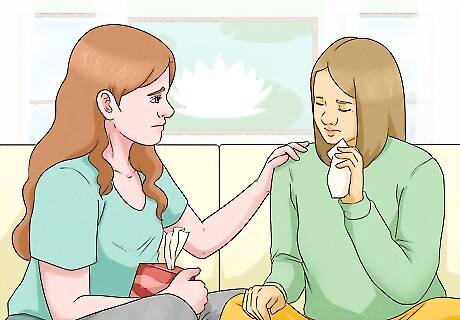
Make yourself available to people going through tough times. In a crisis or emotional period, your grieving friend wants to do anything but cook and eat alone! Bring them a casserole and some cookies and spend the evening with them. If a bestie just got through a tough breakup, offer to help them clean out their significant other's stuff, so they don't have to go through the chore alone. The best friends and the nicest people are those who don't shy away when the going gets tough; they stand tall and pitch in.
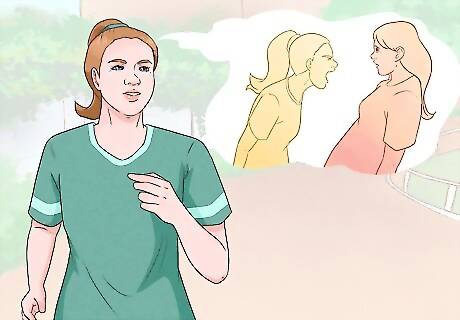
Take the high road. Sometimes it's not easy to be nice. You'll encounter situations that will test your ability to be a nice person. Even people you love may at times be flaky, judgmental, egotistical, selfish, or outright mean. You've got to avoid sinking to their level. Don't turn from nice to cruel just because your patience is being tested. When you become angry and feel you're going to act in a way that isn't nice, take it out in a different way instead of being cruel. Go for a run, beat up your pillow, or calm down with a video game. You have control over your actions and behavior. Remember to always treat people the way you would like to be treated. When you fully respect others' dignity, then automatically more people see you as a nice, caring, trustful, and considerate friend. At the end of the day, you want to be respected for your views, ideas, and passions, even if the other person doesn't share them. You should offer the same courtesy to others as well. Reader Poll: We asked 277 wikiHow readers, and 53% of them admitted that they typically respond to negative emotions by lashing out at others. [Take Poll] Instead, try journaling or taking deep breaths to calm yourself.
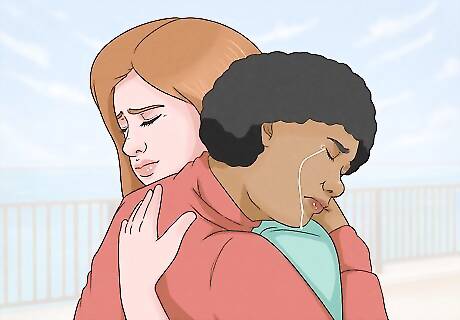
Offer your forgiveness freely. Don't hold grudges, and don't continue punishing or getting angry at people after they've asked for forgiveness. Remember, forgiveness is about letting the moment go instead of letting anger or jealousy continue to dominate your thoughts. It doesn't mean you have to suddenly trust them with your secrets again. It just means you stop harboring ill will if they've asked for honest forgiveness. Besides this is an important part of being good-natured. People will respect you if you are kind and forgiving. Even if they don't ask for your forgiveness, try and move on. Someone who hurts you and won't apologize is generally not worth a lot of your worry and anger.



















Comments
0 comment